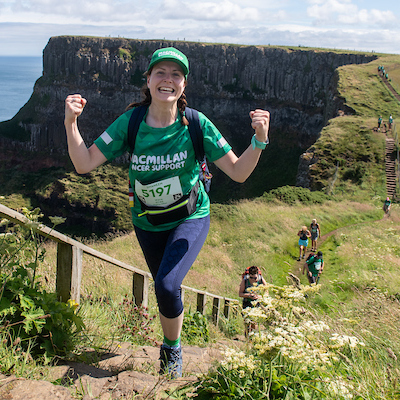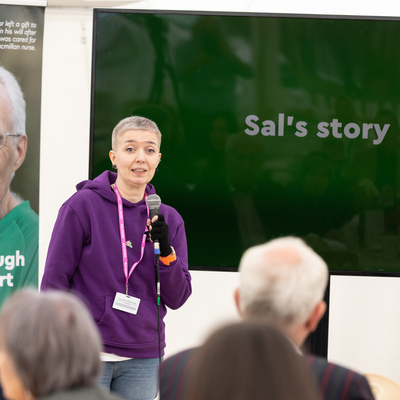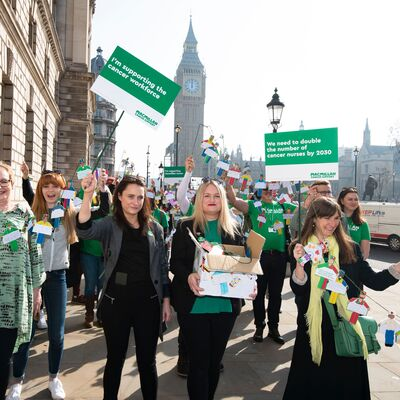
Pancreatic cancer awareness month
What is Pancreatic Cancer Awareness Month?
November is pancreatic cancer awareness month. It includes World Pancreatic Cancer Day which falls on the third Thursday in November.
About 10,500 people are diagnosed with pancreatic cancer in the UK each year. Pancreatic cancer is the 10th most common cancer in the UK (1).
This month is important because it helps to raise awareness of pancreatic cancer, it's symptoms and what support is available for people who are living with pancreatic cancer.
About pancreatic cancer
Pancreatic cancer is a cancer that starts in the pancreas. The pancreas is part of the digestive system.
There are several different types of pancreatic cancer. Types are described based on:
- where it is in the pancreas
- the type of cell they start from.
-
What are the symptoms of pancreatic cancer?
Pancreatic cancer may not cause symptoms for a long time. Some people may only have one symptom.
Some possible symptoms are:
- pain and discomfort in the upper part of the tummy (abdomen) that sometimes spreads out into the back
- signs of jaundice such as yellowing of the skin and the whites of the eyes, itchy skin, dark pee (urine) or pale and smelly poo (stools) that are difficult to flush away (steatorrhoea)
- unexplained weight loss.
Most people with these symptoms will not have pancreatic cancer. They may be caused by other more common conditions. But if you have any symptoms, it is important to get them checked by your doctor.
Find out more about symptoms of pancreatic cancer.
-
How is pancreatic cancer treated?
Treatment for pancreatic cancer depends on:
- the stage and grade of the cancer
- the position of the cancer in the pancreas
- your general health and preferences.
Treatment for pancreatic cancer may include:
You may also have treatment to help with symptoms.
Your doctor will usually meet with other specialists to get their opinion on treatment. You will also have the opportunity to talk about your treatment options. Read about making treatment decisions.
Support and information for people living with pancreatic cancer

Get support from Macmillan

Visit our Online Community
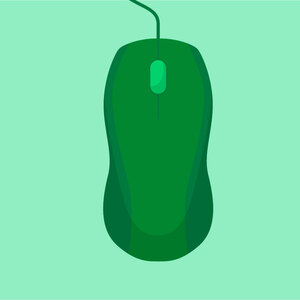
Further support
Stories from people living with pancreatic cancer
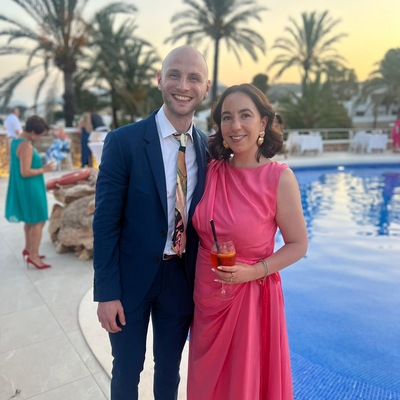
Dan
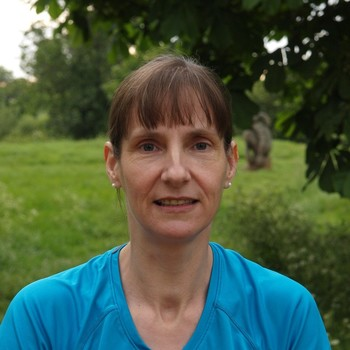
Carole
About our information
-
References



